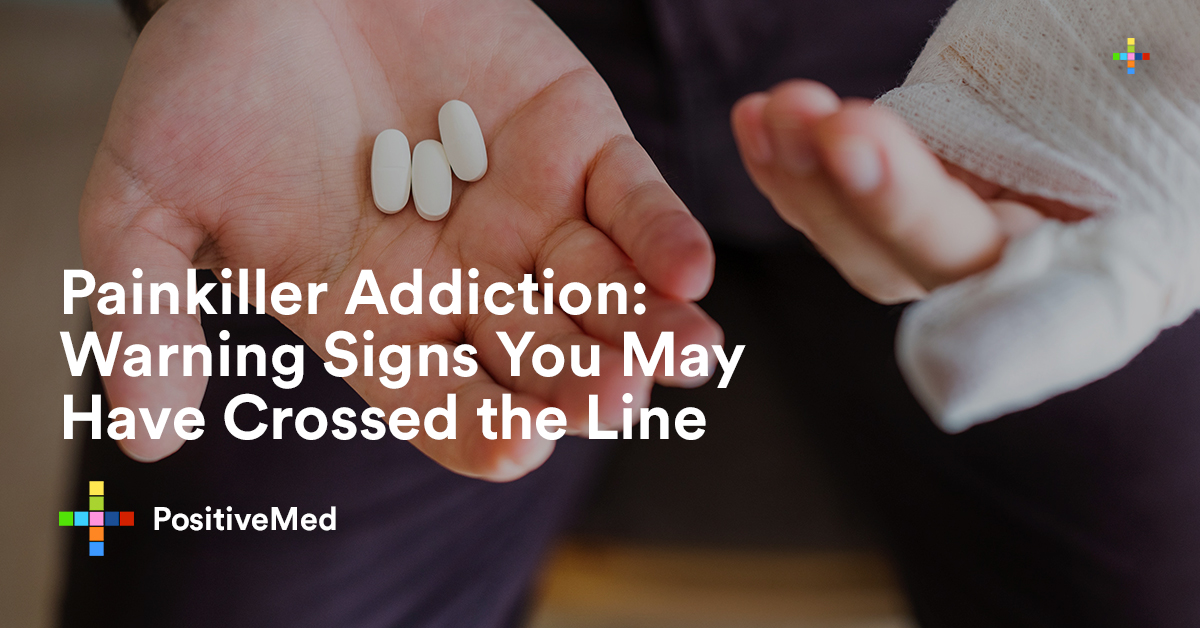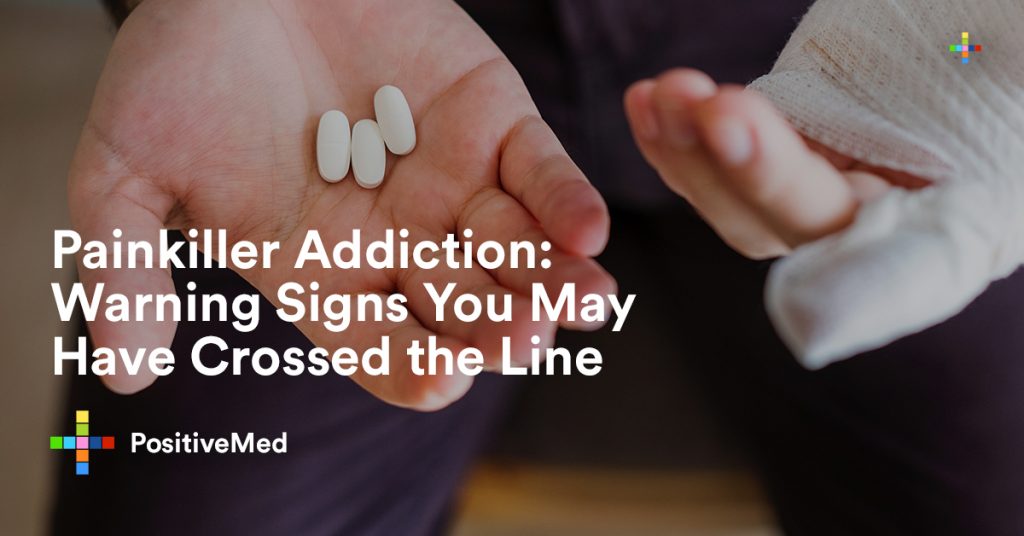Over one third of Americans are affected by chronic pain and most of them manage the pain through prescription medication. Many people worry that taking narcotic lead to can painkiller addiction. Although the drugs are taken to reduce pain sensitivity, they can also lead to a sense of euphoria.

If a doctor prescribes medication to treat the pain and you follow the order, you are not likely to have any problem. But some people get used and they experience the following signs of painkiller addiction
Thinking about medication a lot
The very first signs of addiction is getting preoccupied with two things: whether the supply of drugs is enough or when you will take the next dose.
Addiction vs. Dependency?
Addiction and dependency are not the same thing. You may be physically dependent on a drug, but not addicted.
When one is physically dependent on a drug, it means the body has developed a tolerance to it, and you require higher doses of the medication to obtain the same effect.
To be addicted to a drug, it is both emotional and physical. Addiction is associated with behaviors that are uncontrollable. You keep on using the drug even when it is causing serious problems in your social life or family.
Taking different amounts than prescribed.
You may decide to take more than you should or take many times a day than your doctor prescribed. You think that the doctor does not understand the amount of pain you have. You also think that you should take the drugs whenever you need to, even if that’s not when you should take them. That’s a warning sign that you are getting addicted to painkillers.
Some people find themselves stretching the time between doses or shrink doses to take more later. Others try to control how to take painkillers and do not follow doctor’s instructions. All these are signs that you are addicted to painkillers.
“Whenever we are trying to control things, it can be a really good indication of how out of control we are,” Schrank says
Hopping from one doctor to another
Once you go to more than one doctor to get someone else who will give another prescription, something must have shifted. Maybe your goal is to increase supply of painkillers to have as much as you need. But when it is not as per doctors’ orders it is a reason for concern.
Some people visit the doctors that are known for overprescribing. Others lie and say that they have lost their prescription. You may even be dishonest to a doctor about your previous prescription.
“If we are telling different doctors different things to get medication, that’s a real red flag,” Shrank says.
Getting painkillers from other sources
This is when you have a feeling like you don’t get enough medication to ease the pain, and you try to look for more. These ways of acquiring painkillers is a sign of addiction:
Buying drugs on the streets.
Stealing drugs from a sick friend or relative.
Hurting yourself to be rushed to hospital for another prescription.
Ordering drugs through internet.
Stealing the leftover drugs from other people’s medicine cabinets.
Buying prescription drugs of other people.
Stealing prescription pads from the office of the doctor and writing your own prescriptions.
Taking it without any reason
You may have started taking painkillers because something hurt. But you are still using the painkillers, even after the pain has gone away, that’s a strong sign that you have gotten addicted.
You could be taking them since you like the way they give you a certain feeling instead of relieving your pain. You may also have started to gain physical cravings. All these are signs of painkiller addiction.
“Pain medication is intended to bridge a gap or get you through a rough patch,” Schrank says. “It’s not really meant to be a way to maintain or manage chronic pain.”
Getting angry when someone talks about it
If your family members or friends try to talk about how you have gotten used to the medication and you feel irritated or defensive, then you are in too deep.
The studies show the degree of the anger is not just a sign that you require treatment, but also a predictor of how effective the drugs would be.
Not being yourself
You could find that you are not taking care of yourself like you used to do. You are not concerned about how you look and your personal hygiene. You may also feel moodier or angrier. You could also have stepped back from your responsibilities. For example, you have not been paying your bills like before or abandoned the household chores. If you are ignoring your responsibilities or your children, it is time to seek help.
What To Do
When you find yourself in any of the signs, the next step should be to seek help and get more information. Be honest and talk it to your doctor. You can be referred to an addiction specialist or a treatment center.
Edited by: Jessa (Feb. 4, 2019)






